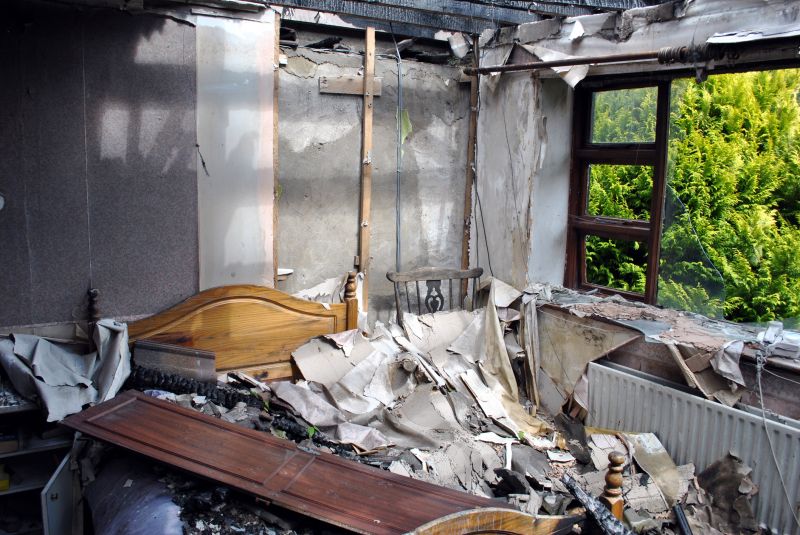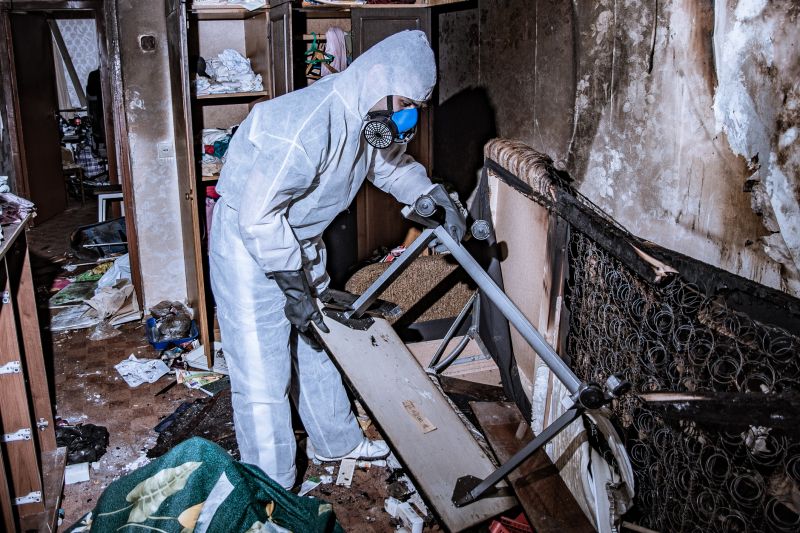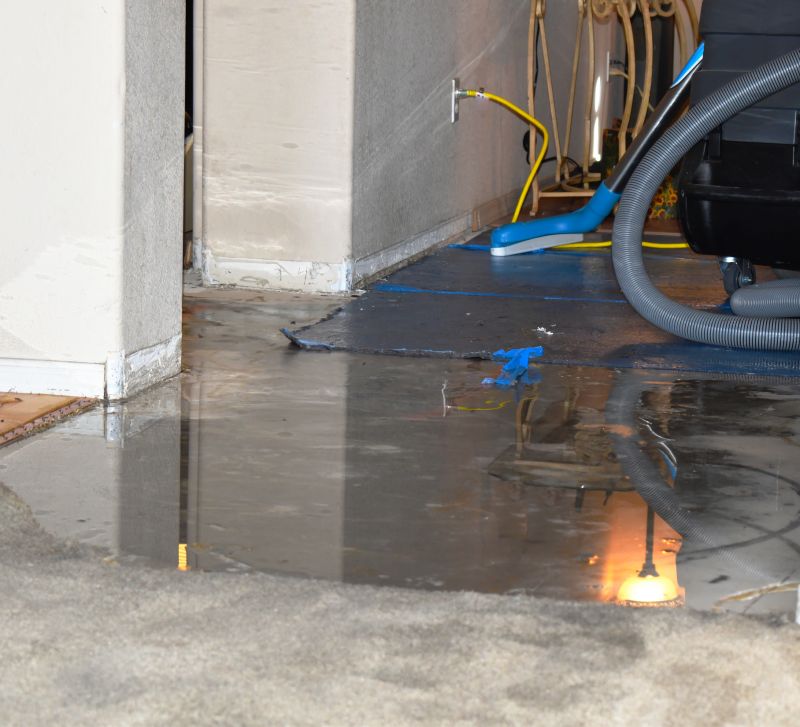Optimal Timing for Fire Restoration
Understanding the optimal timing for fire restorations can significantly impact the effectiveness and efficiency of the process. The best time to undertake fire restoration projects typically depends on weather conditions, availability of specialized services, and the urgency of the situation. Generally, mild weather seasons such as spring and fall are preferred for extensive restoration work, as they allow for better working conditions and less interference from extreme temperatures or precipitation.
Immediate response after a fire is crucial for minimizing damage and beginning cleanup. Restoration efforts should start as soon as possible after the incident to prevent further deterioration.
Restoration projects are often best scheduled during dry, mild weather periods to ensure safety and optimal working conditions.
Spring and fall are ideal seasons for extensive fire restorations, as they typically feature moderate temperatures and lower humidity levels.
Planning restorations during off-peak seasons may offer better scheduling flexibility and quicker response times.

Assessment of fire damage is essential to determine the scope and best timing for restoration efforts.

Post-fire cleanup involves removing debris and preparing the site for repairs, often conducted immediately after fire suppression.

Specialized equipment is used during restoration to restore structural integrity and safety.

Ways to make Fire Restorations work in tight or awkward layouts.

Popular materials for Fire Restorations and why they hold up over time.

Simple add-ons that improve Fire Restorations without blowing the budget.
| Season | Advantages |
|---|---|
| Spring | Moderate temperatures and low humidity facilitate effective restoration work. |
| Summer | Longer daylight hours allow for extended work periods, but high heat may pose challenges. |
| Fall | Ideal weather conditions for extensive restoration projects. |
| Winter | Limited outdoor work due to cold weather, but some indoor restoration can proceed. |

Restoration professionals work to rebuild and repair structures affected by fire.

Effective cleaning techniques are used to eliminate smoke residues and odors.

Restoring the integrity of the building is a critical step in fire restoration.

Addressing moisture and ventilation issues prevents mold growth after fire damage.
Interested parties are encouraged to contact for more information or to schedule a consultation regarding fire restoration services. Proper timing and expert intervention can help restore safety and property value efficiently.
